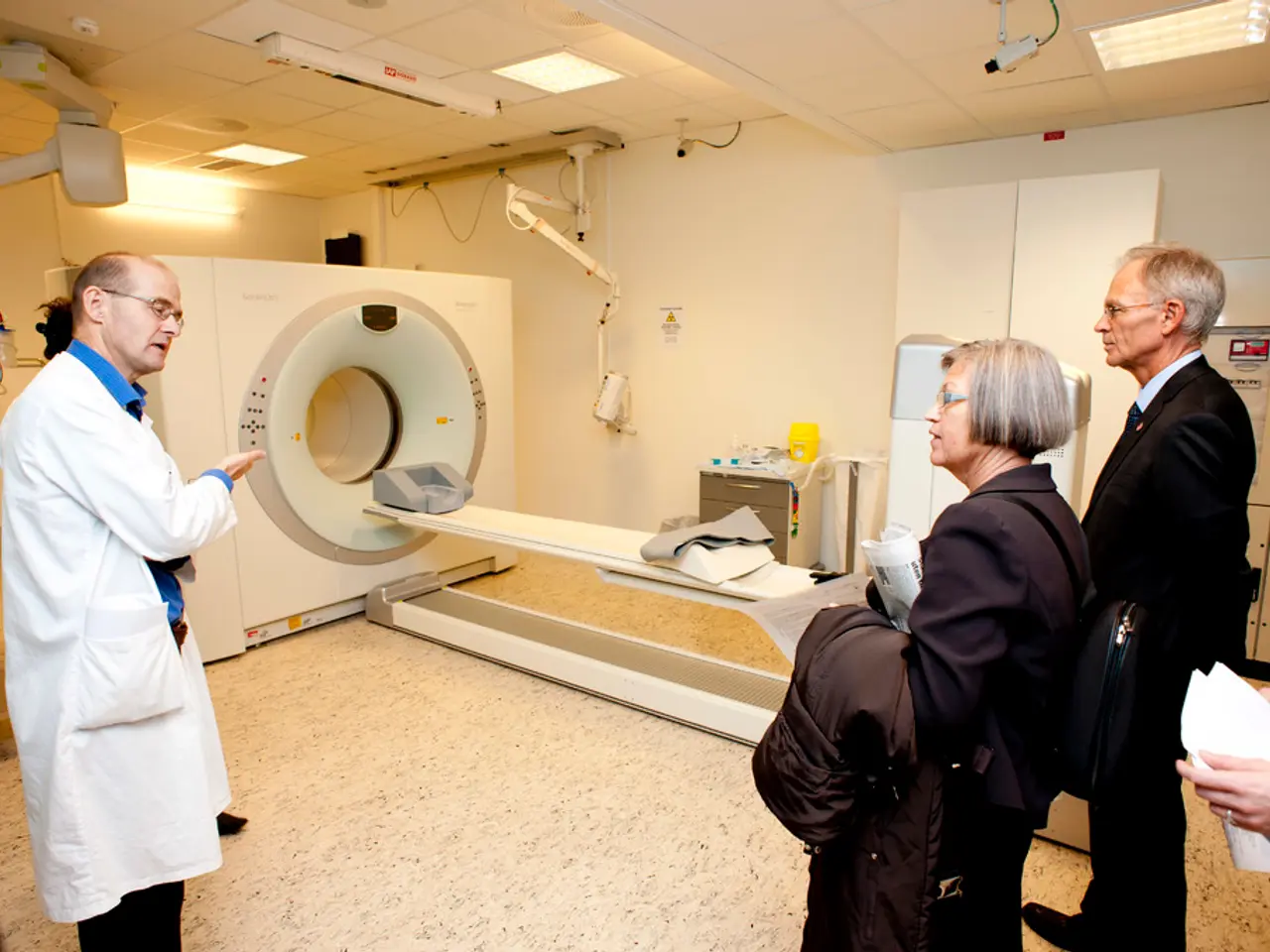Overcoming the Barriers of Privacy regulation in Dental Practices
In the realm of dental practices, the Health Insurance Portability and Accountability Act (HIPAA) plays a crucial role in safeguarding patient information. This federal law, designed to protect sensitive data in the dental field, is the cornerstone of privacy and security for both practitioners and patients.
HIPAA's main focus is on securing patient information, including treatment notes, billing details, and other confidential data. To ensure compliance, a designated compliance officer, often referred to as the HIPAA Privacy Officer or HIPAA Compliance Officer, should be established within a dental practice. This individual is responsible for overseeing the implementation of HIPAA rules and regulations.
Establishing procedures for document storage and disposal, implementing policies for patient record handling, and investing in secure, encrypted cloud-based systems are essential steps towards HIPAA compliance. These measures not only protect patient information but also contribute to overall practice efficiency.
A culture of HIPAA compliance within a dental practice is essential. Every team member should understand their role in upholding these standards. Regular training sessions should be hosted to keep staff informed and confident about HIPAA compliance. Open dialogues about the challenges and experiences of HIPAA compliance should be encouraged to foster a shared understanding.
Clear guidelines and policies can lead to patients feeling secure and more forthcoming about their health issues. This, in turn, can positively influence patient relationships, allowing for more personalized care. Prioritizing HIPAA compliance fosters an environment of care, security, and respect for patients.
Compliance efforts can also contribute to the growth and success of a practice. Satisfied patients are more likely to recommend a practice to others, leading to increased business. Moreover, compliance can be seen as a mark of professionalism and dedication to patient care.
In the event of a potential data breach, having a response plan in place is vital. Creating such a plan ensures that the practice can react swiftly and effectively to mitigate any damage.
Prioritizing HIPAA compliance is not just fulfilling a legal obligation, but also building trust with patients. A long-standing patient expressed gratitude for a practice's privacy protection, leading to deeper insights into their medical history. This trust can lead to stronger patient relationships and a more successful practice.
For further reading on HIPAA compliance in dental practices, visit dental it support for a broader understanding of the topic. Investing in the right technology, such as secure, encrypted cloud-based systems, is essential for HIPAA compliance and overall practice efficiency. The technology should have robust encryption, user access controls, and regular security audits to ensure the highest level of protection.
In conclusion, prioritizing HIPAA compliance is a crucial step towards building trust with patients, enhancing patient care, and contributing to the growth and success of a dental practice.
Read also:
- Overweight women undergoing IVF have a 47% higher chance of conceiving naturally post-weight loss
- Bonsai Trees from Evergreen Species: Exploring Growth Characteristics & Distinct Qualities
- What temperatures may make walking your canine companion uncomfortable?
- Title: Information About Beovu: Potency, Form, Usage, and Additional Details





